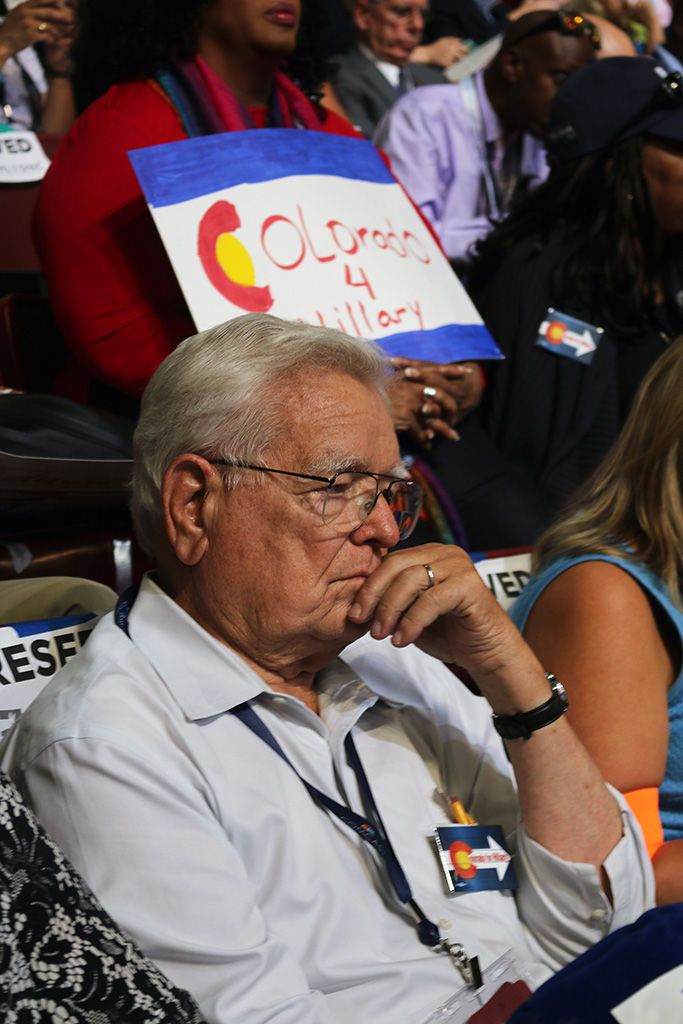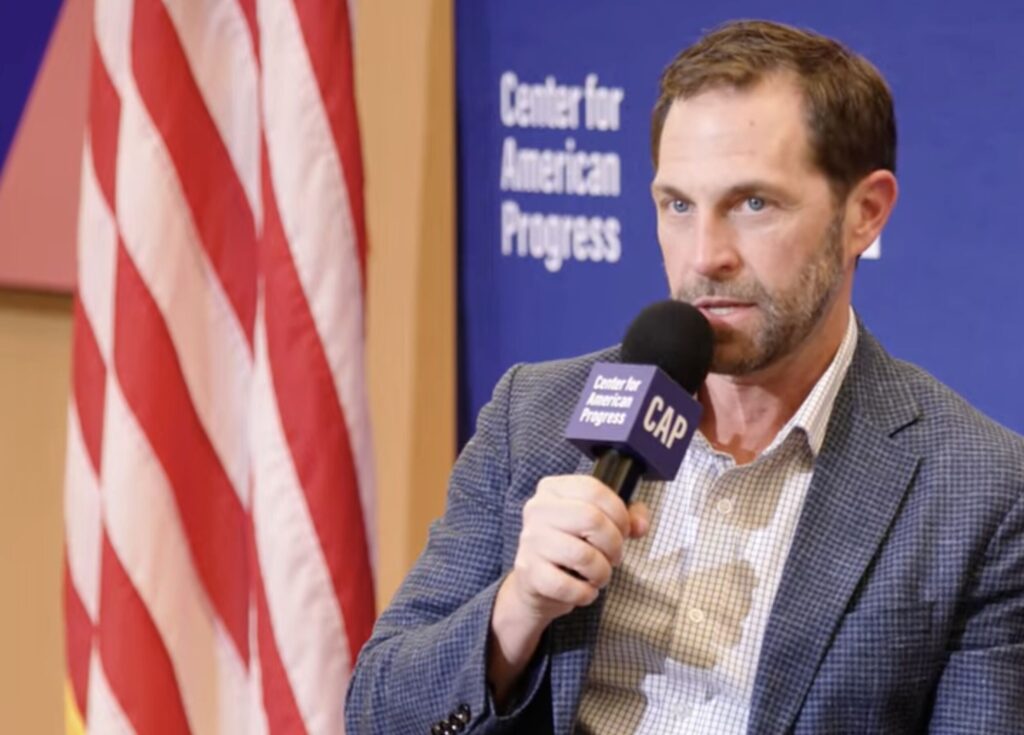Autistic boy’s plea for better special education asks Supreme Court for national standard
The case of an autistic Colorado boy whose parents seek better special education for him could result in a national standard for educating disabled children when his lawsuit goes before the U.S. Supreme Court, according to educators and their attorneys.
Some school districts complain the case could force them to shift more of their scarce financial resources to special education.
Advocates for the nation’s roughly six million disabled schoolchildren say the quality of special education varies between states, leaving students in some states with few hopes of using education to ascend beyond their disabilities.
In the Colorado case, the parents of the boy, identified in court filings as 17-year-old Endrew F., say they felt compelled to switch their child to a private school after their son showed no signs of progress in a Douglas County public school.
They asked the school district to reimburse them for the tuition of the private school.
The school district, about 30 miles south of Denver, declined, prompting the parents’ lawsuit.
The Supreme Court is scheduled to hear the case in January. The Court’s ruling is expected sometime before next summer.
Douglas County School District officials said they would not comment on the case.
“It would be inappropriate to discuss the specifics of the case while it is still being litigated, beyond what has been said in our briefs,” said Paula Hans, public information officer for the school district.
Federal laws require public schools to offer free and appropriate public education to disabled children.
Even in the federal courts, the definition of appropriate education has fluctuated between jurisdictions.
Colorado’s 10th U.S. Circuit Court of Appeals ruled that Endrew F. and other disabled children should receive “some educational benefit” from the public schools.
However, federal courts in Pennsylvania and Tennessee said children with any of 13 disabilities are entitled to a higher standard of “meaningful benefit” from their education. Most of the disabilities covered under law refer to learning problems, such as autism.
The autism advocacy group Autism Speaks filed a friend-of-the-court brief in Endrew F.’s case saying the government can pay for a good education for the students while they still are children or they can pay much more when they are adults who require lifelong public assistance.
Autism Speaks also noted in its brief filed with the Supreme Court that the number of autism cases reported by health officials has been rising since the early 1990s.
The Supreme Court is expected to decide Endrew F. v. Douglas County School District by looking at requirements of the 1975 Individuals with Disabilities Education Act (IDEA).
IDEA requires schools to offer students “Individualized Education Plans,” or IEP’s, designed to accommodate their special educational needs. The quality of the IEP’s and standards for setting them brought Endrew F.’s case to the Supreme Court.
In 1982, the Supreme Court was confronted with a similar case in Board of Education v. Rowley when a deaf student’s parents asked his school to provide him with a sign language interpreter.
The Court affirmed that disabled students were entitled to individualized special education but declined to set a national standard. Instead, the Court’s opinion said the intent of the IDEA law “was more to open the door of public education to handicapped children … than to guarantee any particular substantive level of education once inside.”
Endrew F.’s parents said the school district failed to update their son’s IEP as he progressed from one school year to the next. Instead, the IEP said he should continue to strive to learn other students’ names and to improve his writing skills.
The parents’ brief filed with the Supreme Court called the quality of their son’s special education at Summit View Elementary School “just-above-trivial.”
They said their son started to show serious behavioral problems, such as banging his head, taking off his clothes and running away from school.
After they enrolled him in Denver’s Firefly Autism, a school that specializes in educating autistic children, his behavior and education improved, the parents said.
The school district argued in court that although the written IEP did not change much, teachers continued to ask Endrew F. for a higher level of performance.
They lawyers say a single national standard might limit their ability to adapt IEP’s to the special needs of each student.
The 10th Circuit Court of Appeals agreed the standard for individualized education of the disabled “is not clear.”
So far, Endrew F.’s parents have lost before an administrative law judge, a U.S. District Court judge and a federal appeals court.
Their petition to the Supreme Court says, “This case presents an ideal vehicle for this Court to resolve the circuit split and provide lower courts with guidance in applying the IDEA.”
The parents received support in a friend-of-the-court brief filed by attorneys for the U.S. Solicitor General. The brief also said the standard advocated by the 10th U.S. Circuit Court of Appeals was too low.
“No parent or educator in America would say that a child has received an ‘appropriate’ or a ‘specially suitable’ or ‘proper’ education ‘in the circumstances’ when all the child has received are benefits that are barely more than trivial,” the solicitor general’s brief to the Supreme Court said.
The National School Boards Association also filed a brief in the case but urged the Supreme Court to avoid standardized methods for special education.
“Under an individualized education approach, which we have, school districts have provided educational support and services to help millions of children with disabilities,” said Tom Gentzel, the association’s executive director.










